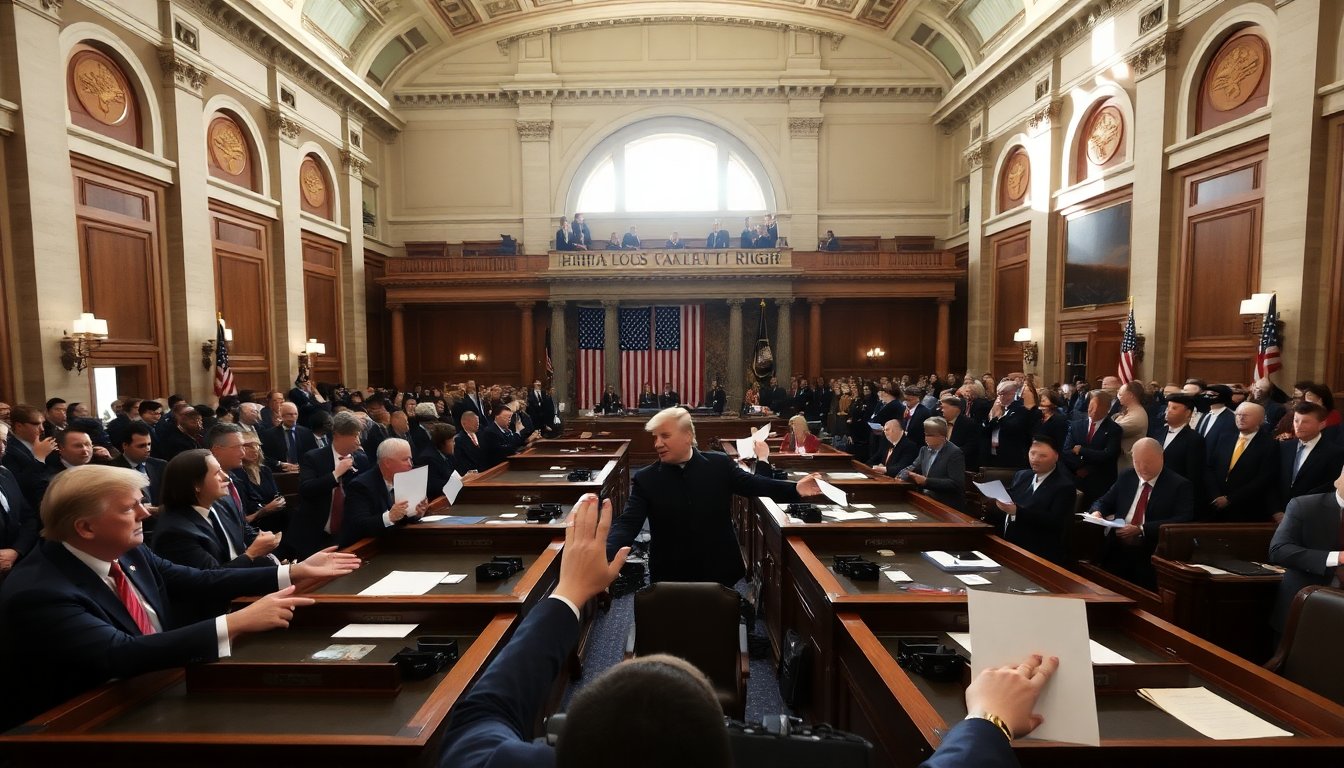Table of Contents
The 2020s have emerged as a defining decade, characterized by political shifts, environmental crises, and social movements. On January 6, 2025, in a session devoid of the chaos seen in previous years, Congress officially acknowledged Donald J. Trump’s victory in the recent election, highlighting a stark contrast to the tumultuous events of.
This decade began with the onset of the COVID-19 pandemic, which significantly impacted global economies and healthcare systems. The initial reports of the virus were released at the end of, but the first cases were believed to have appeared slightly earlier. As nations grappled with the health crisis, the World Health Organization declared a global state of emergency, leading to widespread lockdowns and economic disruptions.
The environmental and political landscape of the 2020s
As the years progressed, the climate crisis took center stage, with numerous extreme weather events prompting urgent calls for action. By, annual temperature records were shattered, with the year surpassing 1.5 °C above pre-industrial levels—a threshold once considered critical for maintaining climate stability.
Rise of authoritarianism and political polarization
The decade has also witnessed a troubling trend of democratic backsliding. Many countries have seen a shift from liberal democracies toward more authoritarian governance. Notably, the U.S, Russia, and various European nations have experienced a resurgence of right-wing populism and nationalism. Leaders such as Donald Trump, Vladimir Putin, and Benjamin Netanyahu have either maintained or regained power, while liberal figures like Kamala Harris and Keir Starmer have struggled.
Political divisions have grown deeper, particularly in the United States, where the presidential election was one of the closest in history, resulting in Trump’s narrow victory over Harris. The election reflected a broader global trend of increasing polarization, with a marked divide along lines of race, education, and geography.
Social movements and protests
In response to these political trends, various social movements have emerged. The Gen Z-led protests, often referred to as the Asian Spring, aimed to tackle issues of inequality, corruption, and authoritarian governance. Social media has played a pivotal role in mobilizing these movements, providing a platform for activism against systemic injustices and government failures.
Impact of technological advancements
The 2020s have also been a time of significant technological advancement, particularly in the realm of artificial intelligence. Innovations such as ChatGPT and DALL-E have revolutionized how we generate text and visual content. The pandemic accelerated the adoption of digital tools, with teleconferencing and e-learning becoming the norm for many.
Furthermore, the explosion of streaming services and the decline of traditional cable television have transformed media consumption. With the introduction of 5G networks, connectivity and speed reached new heights, enabling more sophisticated applications and services.
Global conflicts and the ongoing crises
While the political and social landscapes were shifting, military conflicts continued to rage across the globe. The withdrawal of U.S. troops from Afghanistan in marked a significant turning point, leading to the Taliban’s swift takeover. Additionally, the ongoing conflict in Ukraine, sparked by Russia’s invasion in, has resulted in widespread humanitarian crises and geopolitical tensions.
The Gaza conflict escalated dramatically following the October attacks by Hamas, leading to catastrophic loss of life and international outcry. Israel’s military response resulted in devastating consequences for the Gaza Strip, raising serious concerns about human rights violations.
As we progress through the decade, it is evident that the 2020s will be remembered for their profound transformations and challenges. From the political arena to the environmental landscape, the events of these years will shape the future in ways we are only beginning to understand.


